The four tournament games played at the European championships of 2019 were:
- Newton – Cranio Creations
- Solenia – Pearl Games
- Coimbra – Eggertspiele
- Gùgōng – Game Brewer
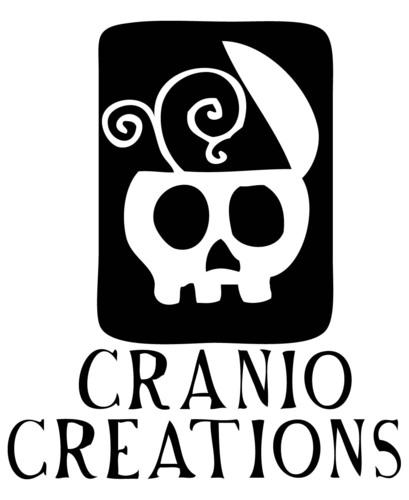
Simone Luciani, Nestore Mangone
Around the middle of the 17th century with the advent of the scientific method, a period of great change begins, called the scientific revolution. Many great scientists, with their theories and ideas, change our perception of the universe: Galileo Galilei, Copernicus, Kepler, Bacon and, above all, Sir Isaac Newton.
In Newton, players take the role of a young scientist who wants to become one of the great geniuses of this period. To do this, they travel around Europe, visit universities and cities, study to discover new theories, build new tools, and work to earn money.
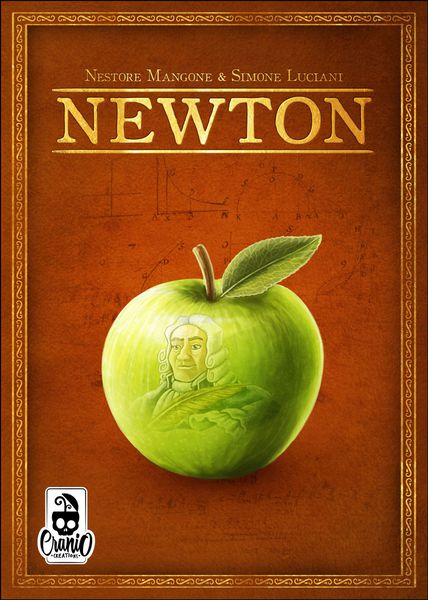
The game is played over six rounds. Each round, every player plays five cards from their hand, with each played card allowing the player to perform one of the game’s actions. An action has a variety of effects, which depend on the symbols of that action visible on the board. At the end of the round, a player can take back all the cards played except one. One card has to be left on the board, which means that you give up one possibility of doing that action, but also that the action will be carried out with greater strength. Fortunately, you can acquire new cards that will allow you to perform more actions and with additional powers.
After six rounds, you calculate your final scoring, and the player with the most VP wins.

Sébastien Dujardin
Several millennia ago, the tiny planet Solenia lost its day-and-night cycle: Its northern hemisphere is forever plunged into darkness, and its southern hemisphere is eternally bathed in sunlight. Your mission is to carry on your ancestors’ honorable task of traveling the world to deliver essential goods to the inhabitants of both hemispheres. While the Day people want you to deliver the rarest gems and stones, the Night people sorely need wood and wheat to survive. Be efficient and outpace your opponents to collect the most gold stars by the end of the game!
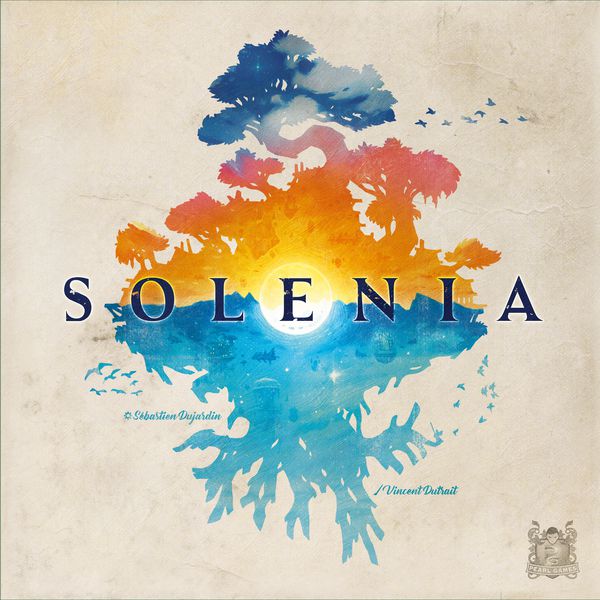
A game of Solenia plays out over 16 rounds, and in each round, each player plays one card from their hand onto an empty space of the 5×5 game board. You can play the card on either:
- A floating production island, to gain as many resources as the value of the card you played of the type corresponding to this space
- A floating city, to fulfill a delivery tile by delivering the resources depicted on it.
You must play your card adjacent to the airship in the center of the playing area or adjacent to another card of yours already played. When someone plays a 0 card, the airship advances one space, then at the end of your turn, you remove the back edge of the board, give players resources based on the cards they have on this strip of the playing area, flip the strip over (turning night to day or dawn to dusk or vice versa), and place it on the other side of the game board.
The game ends when each player has played all 16 of their cards. The player with the most gold stars wins!

Flaminia Brasini, Virginio Gigli
In the 15th and 16th century, Portugal is thriving under its leading role during the Age of Discovery. Nestled in the heart of Portugal, the city of Coimbra serves as a cultural center of the country. As the head of one of Coimbra’s oldest houses, you seek to earn prestige by deepening relationships with nearby monasteries or funding expeditions of the era. To reach this goal, you must vie for the favors of the city’s most influential citizens, even if you must offer a bit of coin or some protective detail.
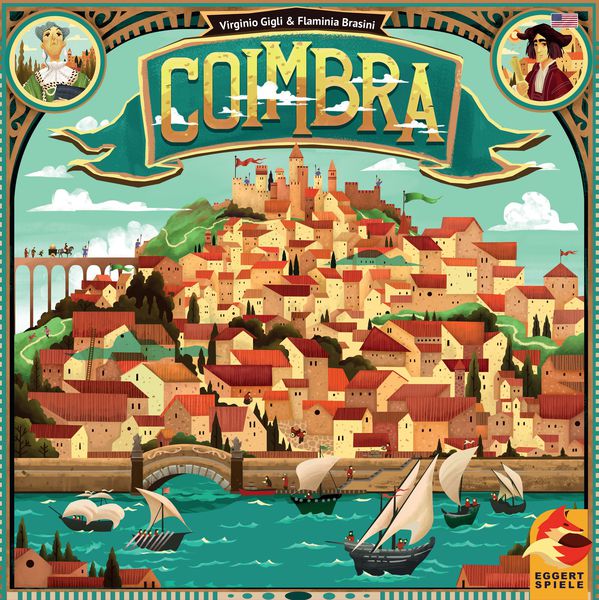
Coimbra introduces an innovative new dice mechanism in which the dice players draft each round are used in multiple different ways and have an impact on many aspects of their decision making. While there are many paths to victory, players should always seek to optimize their opportunities with every roll of the dice. Combined with ever-changing synergies of the citizens, expeditions, and monasteries, no two games of Coimbra will ever be the same!

Andreas Steding
China, 1570. China is under the reign of the Longqing Emperor, of the Ming Dynasty. He inherited a country in disarray after years of mismanagement and corruption. He resided in the Forbidden city, which was the seat of many emperors under the Ming Dynasty. Constructed from 1406 to 1420, the complex consists of 980 buildings and covers 72 ha (over 180 acres). It is also under the Ming Dynasty that the Great Wall of China was rebuilt, fortified, and expanded. Around this period, China was under heavy attack from the Mongols, so maintaining the Great Wall was essential. Most of what we now have left of the Great Wall, we owe to the Ming dynasty.
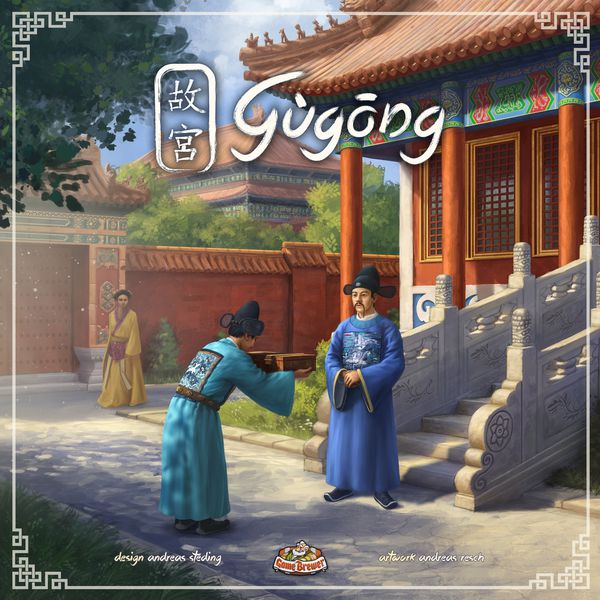
The country was already famous for its very intricate bureaucracy, but this also led to a lot of corruption. Even though the penalties for corruption were very high, the highest Officials of the Forbidden City would pretend to uphold the ban on corruption, by accepting gifts of petitioners, and returning one of seemingly lower value.
Gùgōng uses this extraordinary custom as its basis. Players take on the role of powerful Chinese families trying to gain influence and power by exchanging gifts with Officials. The gift cards you offer as a player have to be of a higher value than the one you receive, forcing you to make strategic choices regarding which actions you want to take each turn. You will travel around China, sail down the Grand Canal, purchase precious jade, help construct the Great Wall, secure advantages through decrees, influence the game through intrigue, and ultimately, receive an audience with the emperor. If only 1 player succeeds in doing so, he wins. If several players succeed, the player with the most VPs among those players wins the game.
With many thanks to boardgamegeek.
